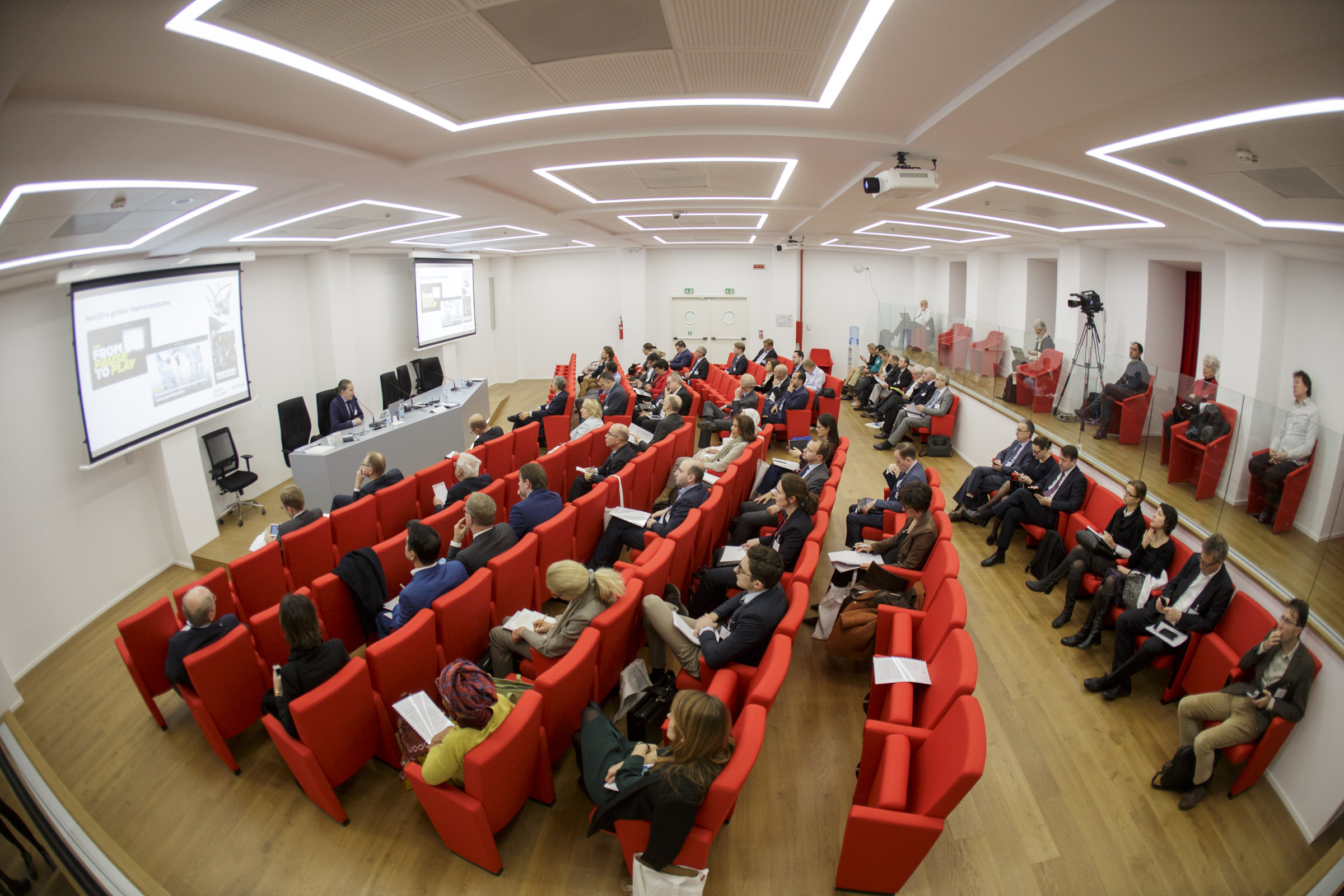research in
ECONOMICS, LAW, POLITICAL SCIENCE, SOCIOLOGY
The main areas of research focus are economics, law, political science and sociology, with most research projects spanning these areas in an interdisciplinary way. Moreover, about 60% of the Collegio’s scientific production is explicitly meant to contribute to the policy debate, in Italy and in broader arenas.
Although at the Collegio the scientific research follows the typical "bottom up" approach followed by most research institutions, it is possible to identify some broad lines of research that involve different groups of researchers. They share some common features: work at the research frontier, particular attention to policy issues, publication in the main scientific journals, participation in competitive projects, creation of links and collaborations with researchers from the University of Turin and other institutions (located in Italy or abroad).
Different analyses carried out at the Collegio are evaluation studies based on solid scientific methodologies.
The most important population dynamics, including aging and transformation within the family, are the subject of studies conducted in the research area dealing with family and demographic dynamics. Particularly developed is the analysis of the effects of family context and pre-school inputs on behaviors, cognitive outcomes and the health of children and adults. Several researchers deal with studies on migration dynamics and immigration and integration policies. The main themes concern the economic and social impact of immigration on hosting and sending countries; the implications of different migration policies; policy processes. A very important role within the research lines is played by theoretical and empirical studies on social policies and welfare. These range from the analysis of aging population, household savings, pension and welfare systems, financial literacy and financial education. Research within the labor market area is aimed at analyzing in particular the behavior of workers and firms in relation to the different aspects of the labor market, including wages, working conditions, prices and profits. In this context, studies on social inequality and exclusion are also carried out. The group of researchers working on finance issues has grown considerably in recent years. Their research concerns investment decisions; the role of institutional investors and their portfolio choices; the behavior of long-term investors and the risk related to their investments over different time horizons; the link between the real economy and financial markets in equilibrium models. The activities falling under the Juridical Research Unit focus on the study of changes affecting law when facing the processes of globalization, dematerialization and “financialization” of the economy.
Frontier work like the one sketched above often requires advanced and novel quantitative tools. This is an area where the Collegio excels, thanks also to the Statistics Initiative undertaken jointly with the Fondazione de Castro.
Finally, the Collegio hosts several research networks, some of which predate the establishment of the Collegio itself, that share its emphasis on interdisciplinary work within Economics, Finance and Public Policy.

